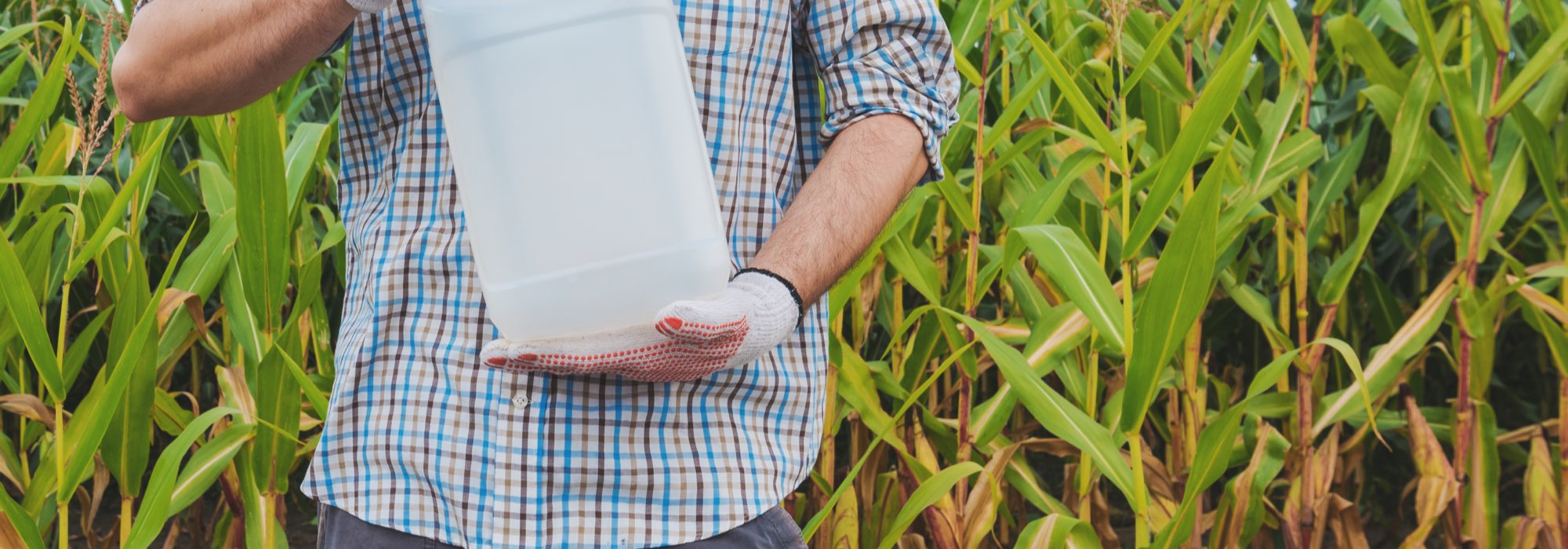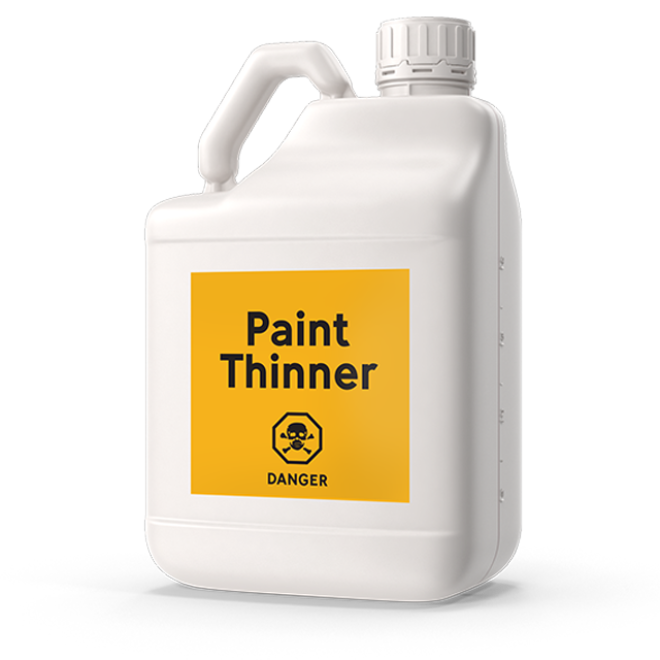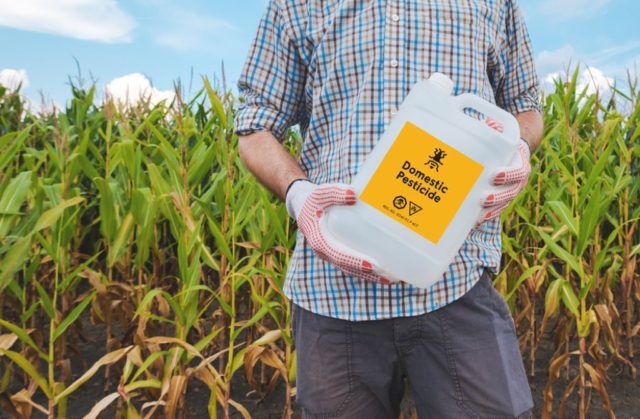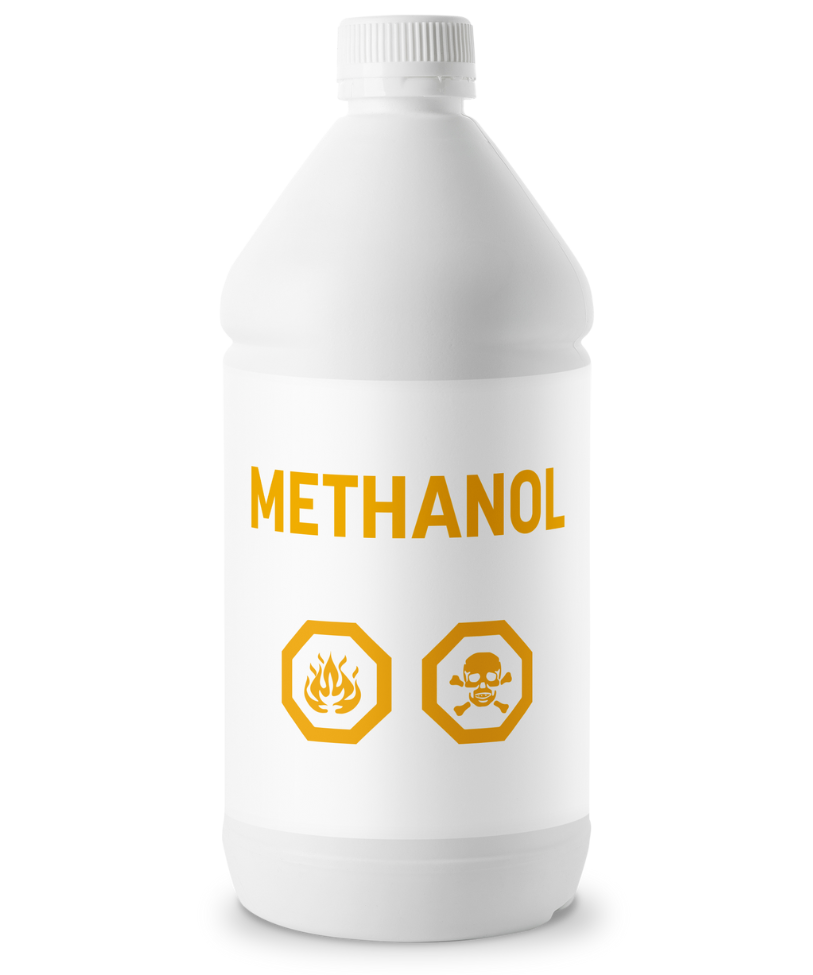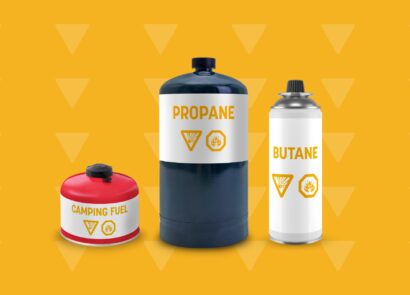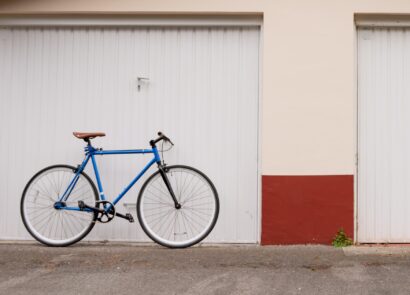What is household hazardous waste?
Household hazardous waste, often abbreviated to HHW, is a term used to describe a broad range of items, including flammables, gasoline, pesticides, toxics, corrosives and other potentially hazardous products. These materials can be helpful for our everyday life and pose little risk if used and stored properly. However, when their useful life is over, it’s critical that they are collected and disposed of responsibly, so they do not endanger humans, wildlife, or our environment.
Many Canadian provinces have adopted Extended Producer Responsibility programs to support the responsible end-of-life of household hazardous waste, or, in some provinces, a subset of HHW called hazardous and special products, or HSP. Because the specific types of products accepted varies by province we recommend reviewing each province’s unique program page for detailed information.
